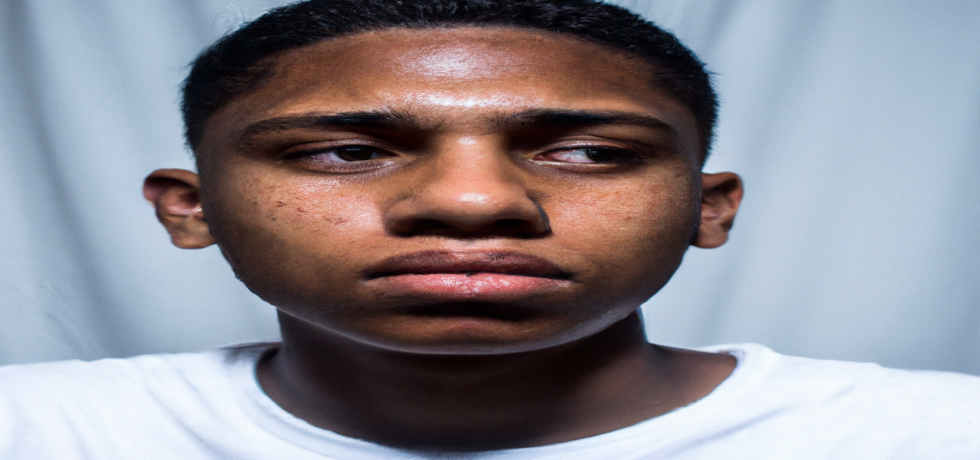
Understanding and Managing Fungal Acne
An Introduction to Fungal Acne
Fungal acne is often misunderstood, leading to prolonged discomfort and confusion about its actual nature. Unlike traditional acne, which primarily stems from oil and bacteria in the pores, fungal acne is caused by a yeast overgrowth known as Malassezia. This condition can lead to small, itchy bumps on the skin that can be mistaken for typical acne vulgaris. In this blog, well delve into the symptoms, causes, treatment, and prevention of fungal acne, providing you with comprehensive knowledge to manage your skin health better.
What Are the Symptoms of Fungal Acne?
Fungal acne tends to manifest as clusters of small, round pimples that frequently appear on the face, chest, back, and arms. These bumps are commonly itchy and may be surrounded by red rings, creating an uncomfortable sensation for many. If you’re experiencing burning, itching, and irritation along with these bumps, it’s likely time to consider the possibility of a fungal condition rather than typical acne. Recognizing these symptoms early can help you seek the appropriate treatment sooner, preventing further annoyance and potential skin damage.
Identifying the Causes of Fungal Acne
So what leads to this yeast overgrowth? Various factors can contribute to the emergence of fungal acne. The condition often arises in individuals with oily skin, particularly in warmer, humid climatic conditions where yeast can thrive. Its crucial to understand that poor hygiene, excessive skin-to-skin contact, and wearing tight clothing can encourage yeast to flourish in your hair follicles. Furthermore, antibiotic use can disrupt the skins microbial balance, allowing yeast to multiply unchecked, thus triggering a fungal acne outbreak.
How to Effectively Treat Fungal Acne?
Misdiagnosed fungal acne can lead to ineffective treatments, making early consultation with a dermatologist essential. In many cases, antifungal medicationseither topical or oralare required to clear the yeast infection. Your dermatologist will likely conduct a swab to confirm the diagnosis and rule out other skin conditions. Self-care measures, such as maintaining good hygiene, wearing breathable fabrics, and showering promptly after sweating, can contribute significantly to recovery. Additionally, warm compresses can soothe the affected areas and promote healing. Remember, it’s vital to consult a medical professional before attempting any home remedies to ensure your skins safety.
Preventing Fungal Acne from Recurring
Prevention is always better than cure, especially when it comes to fungal acne. To lower your risk of outbreaks, consider adopting a proactive approach to your skincare routine. Always shower and change out of workout clothes promptly to avoid yeast overgrowth. Wearing loose-fitting clothing made of natural fibers will also keep your skin comfortable, particularly in humid conditions. If you find yourself prone to fungal acne, your dermatologist may recommend periodic use of antifungal medications to prevent recurrences. The Skin Artistry is dedicated to helping you understand and manage your skins unique needs effectively, putting you back in control of your skin health.
When to Consult a Doctor?
It’s time to seek professional advice if your suspected fungal acne persists despite home treatment for three weeks or more. Maintaining transparent communication with a qualified dermatologist can provide you with tailored advice specific to your skin type and skin troubles. The Skin Artistry focuses on personalized solutions to combat various skin conditions ensuring that you receive the care and attention needed for healthier skin.
Conclusion & Actionable Advice
Understanding and managing fungal acne is essential for anyone experiencing persistent skin irritation. With proper identification of the symptoms, awareness of the underlying causes, and the right treatment and prevention strategies, achieving clear skin is within reach. Remember, keeping your skin clean, letting it breathe, and seeking timely medical advice can help you stay ahead of fungal acne. Partner with professionals at The Skin Artistry to explore customized treatment options, ensuring you maintain skin health and confidence.
Frequently Asked Questions (FAQ)
Q: Is fungal acne contagious?
A: No, fungal acne is not contagious. It results from the overgrowth of yeast that occurs naturally on your skin.
Q: Can I treat fungal acne with over-the-counter products?
A: Over-the-counter antifungal treatments may help mild cases, but persistent cases require professional evaluation and tailored treatments from a dermatologist.
A: No, fungal acne is not contagious. It results from the overgrowth of yeast that occurs naturally on your skin.
Q: Can I treat fungal acne with over-the-counter products?
A: Over-the-counter antifungal treatments may help mild cases, but persistent cases require professional evaluation and tailored treatments from a dermatologist.
For professional assistance and expert advice from leading dermatologists like Dr. Hital Patel, experience the benefits of understanding and managing fungal acne with Hair & Skin Specialist Dr. Hital Patel at The Skin Artistry. Our clinics in PDPU Gandhinagar, Vastrapur Ahmedabad, and Hyderabad (Visiting Consultant) offer top-quality care and personalized treatments. Visit us today to learn more about our services and take advantage of our special offers! For more insights, updates, or to collaborate, stay connected with The Skin Artistry.

